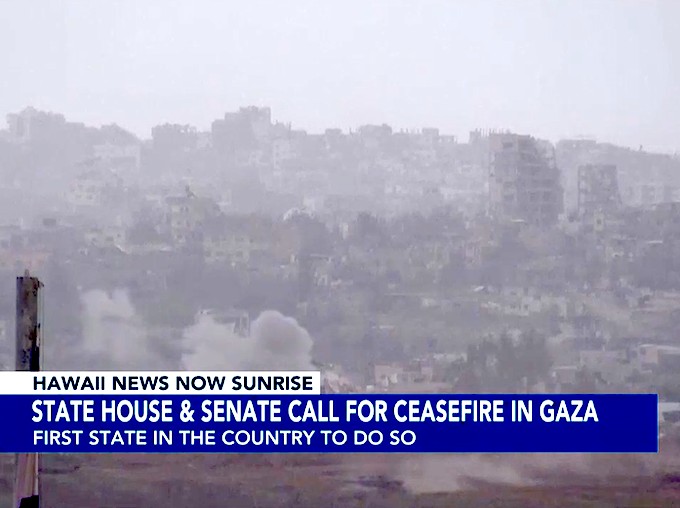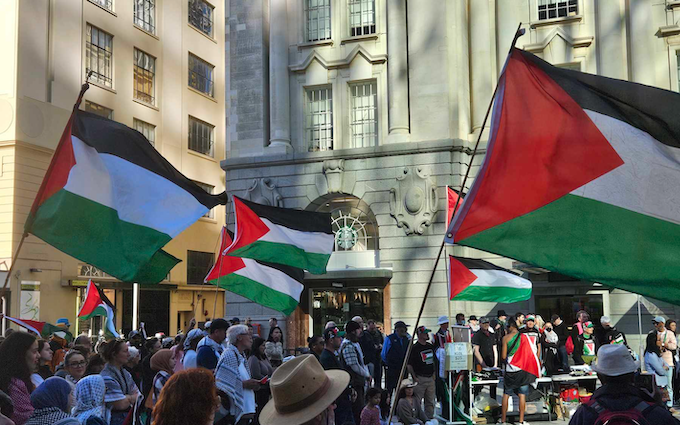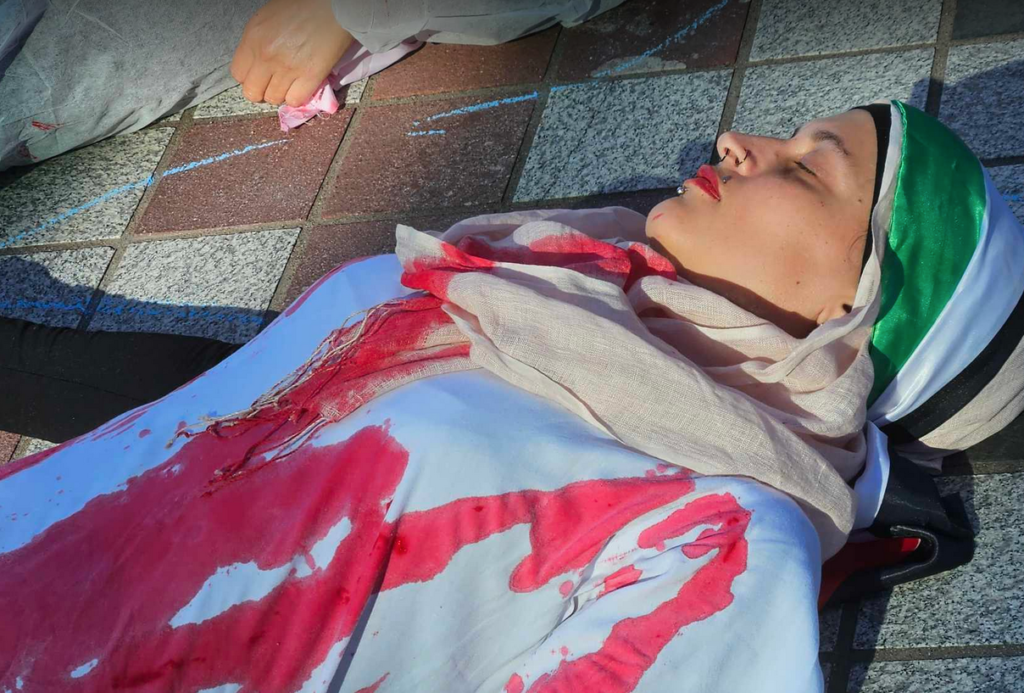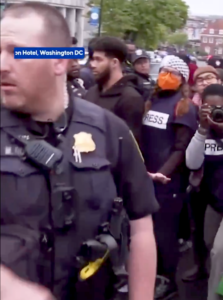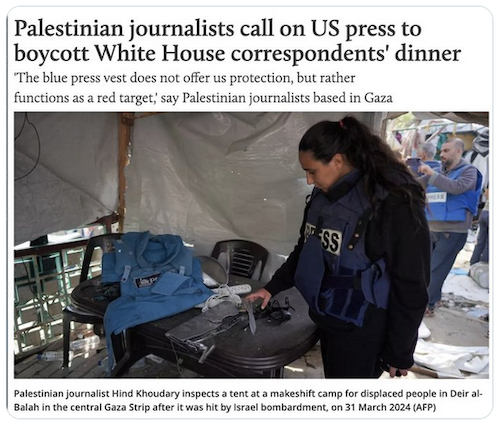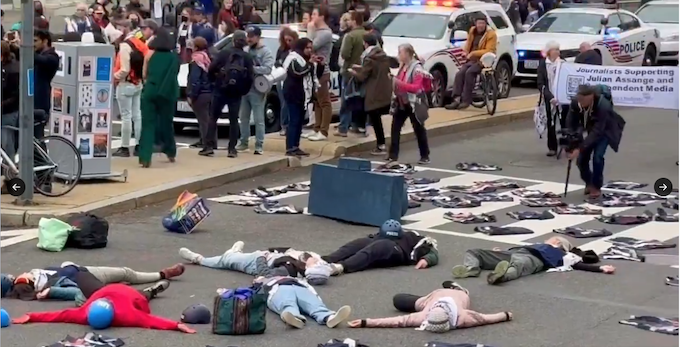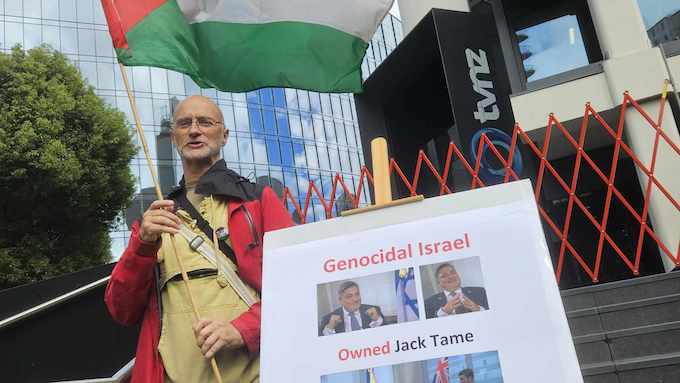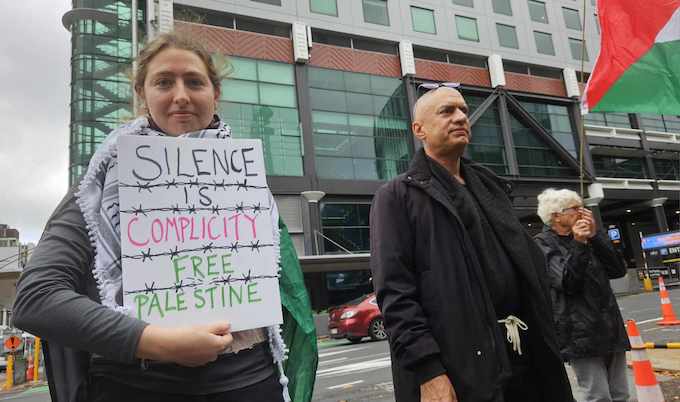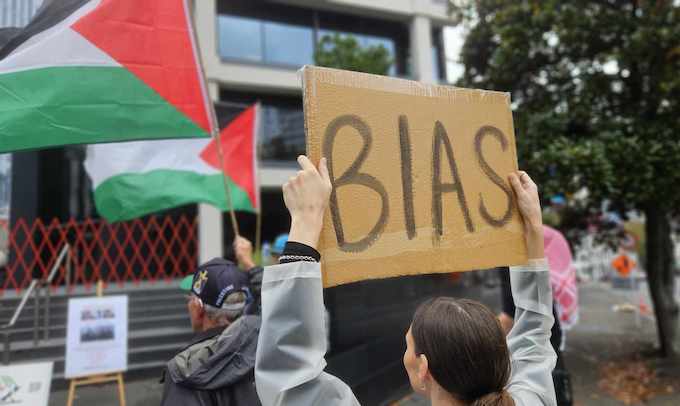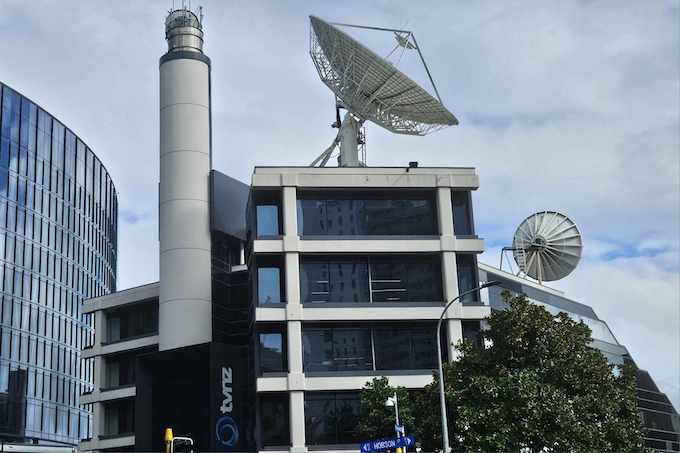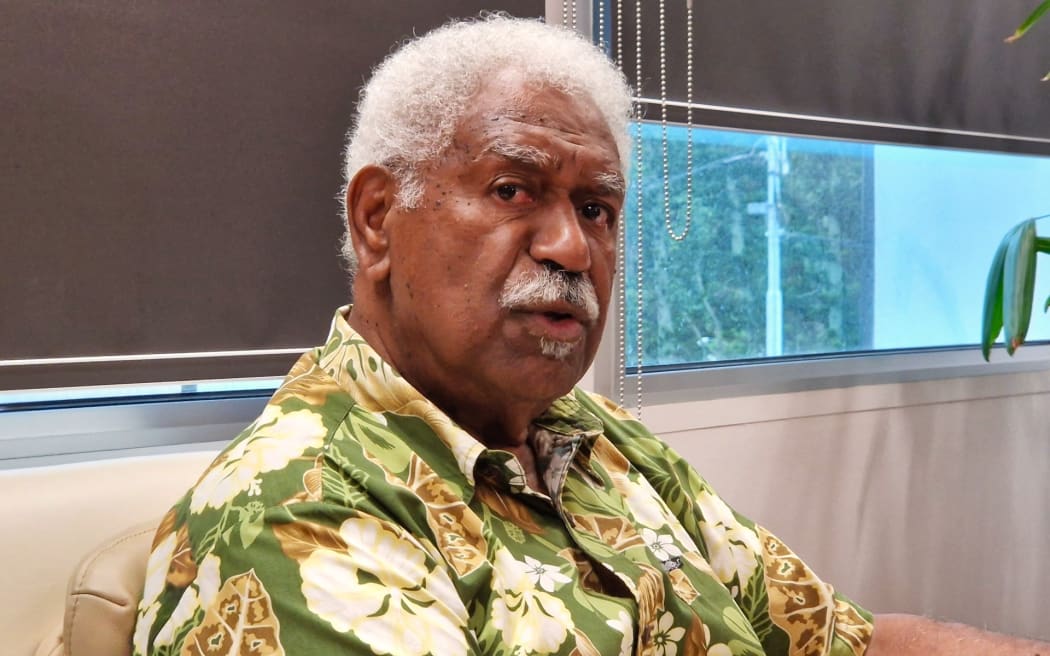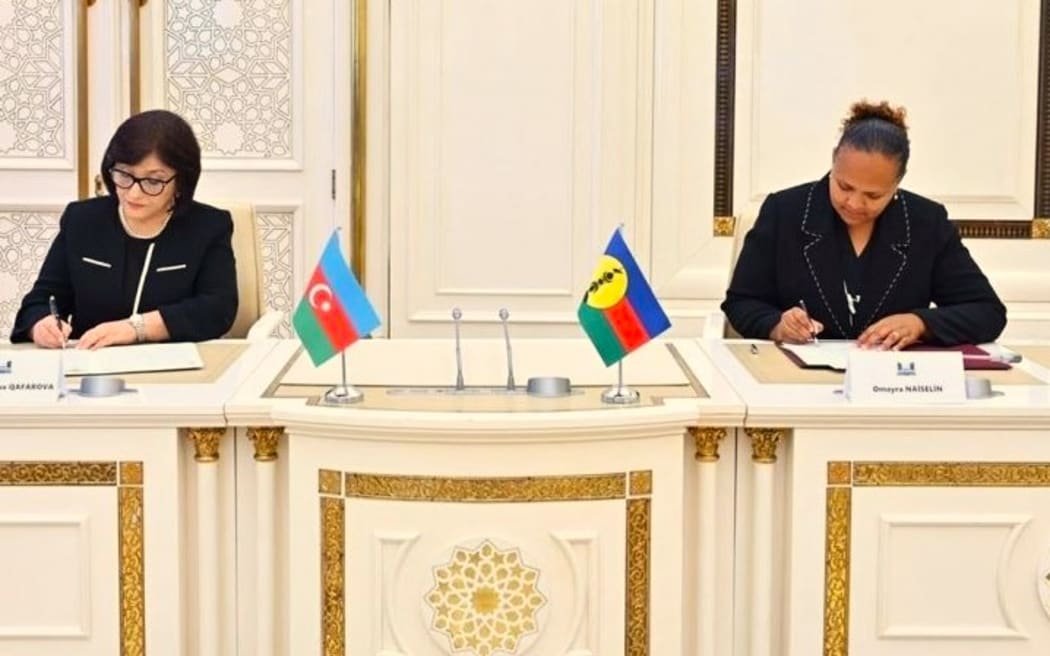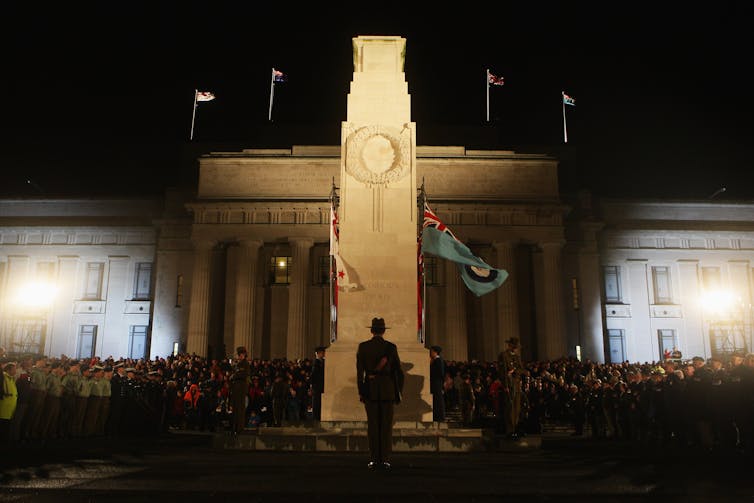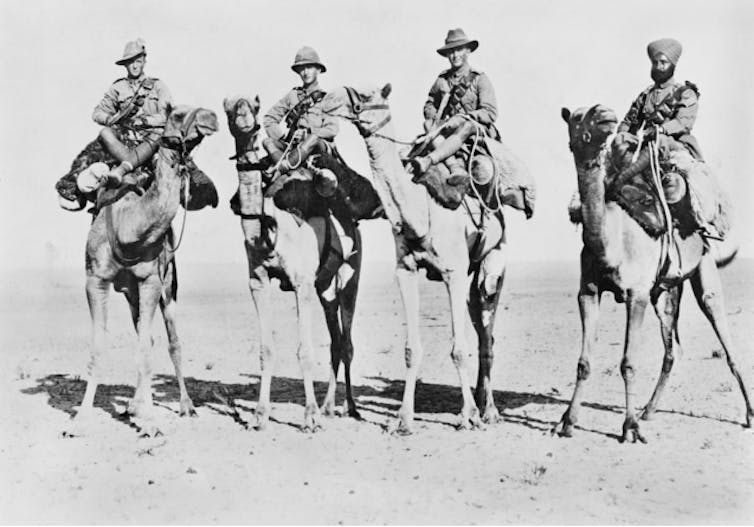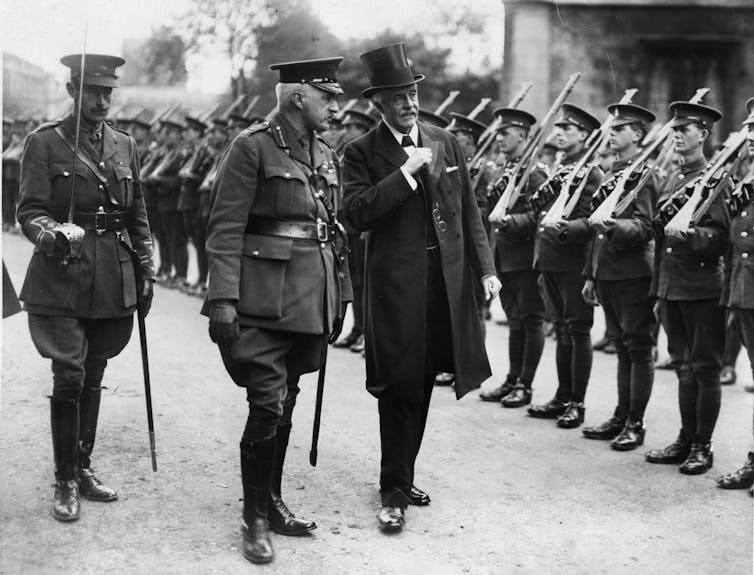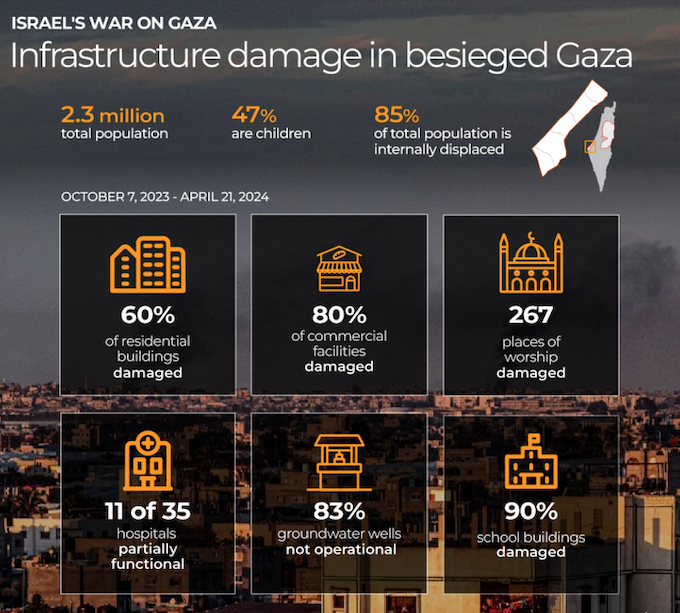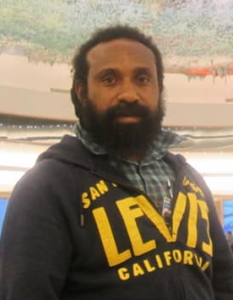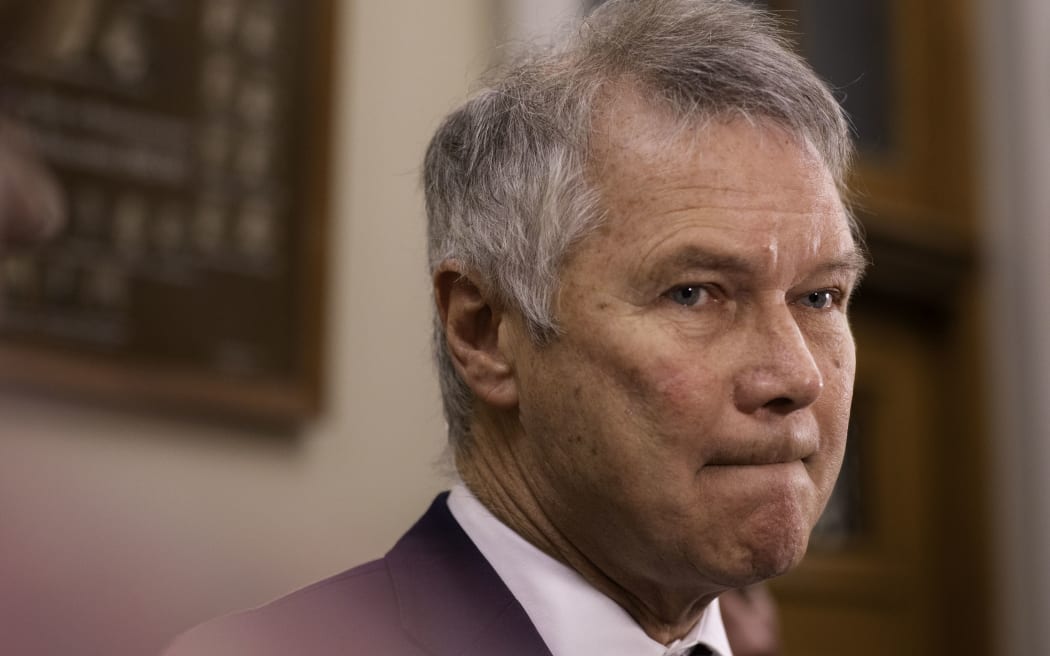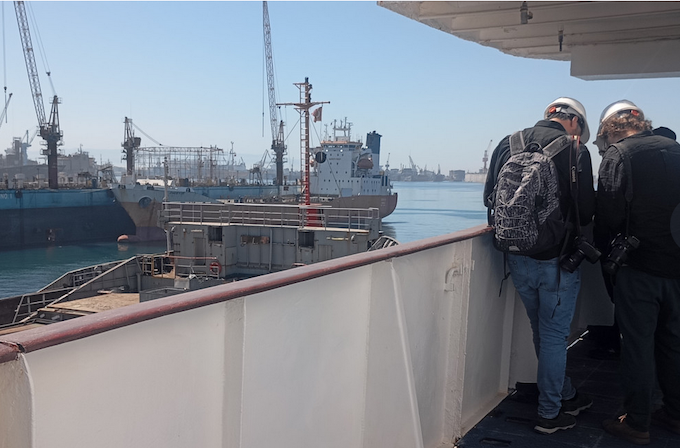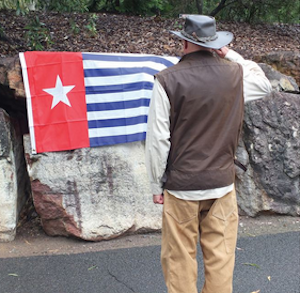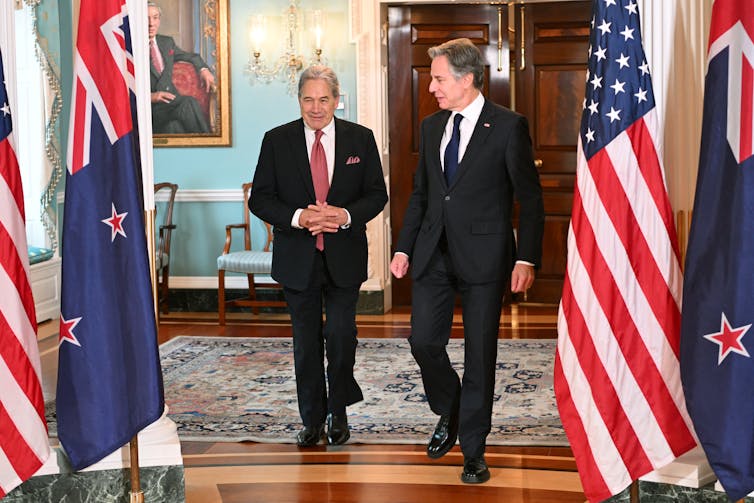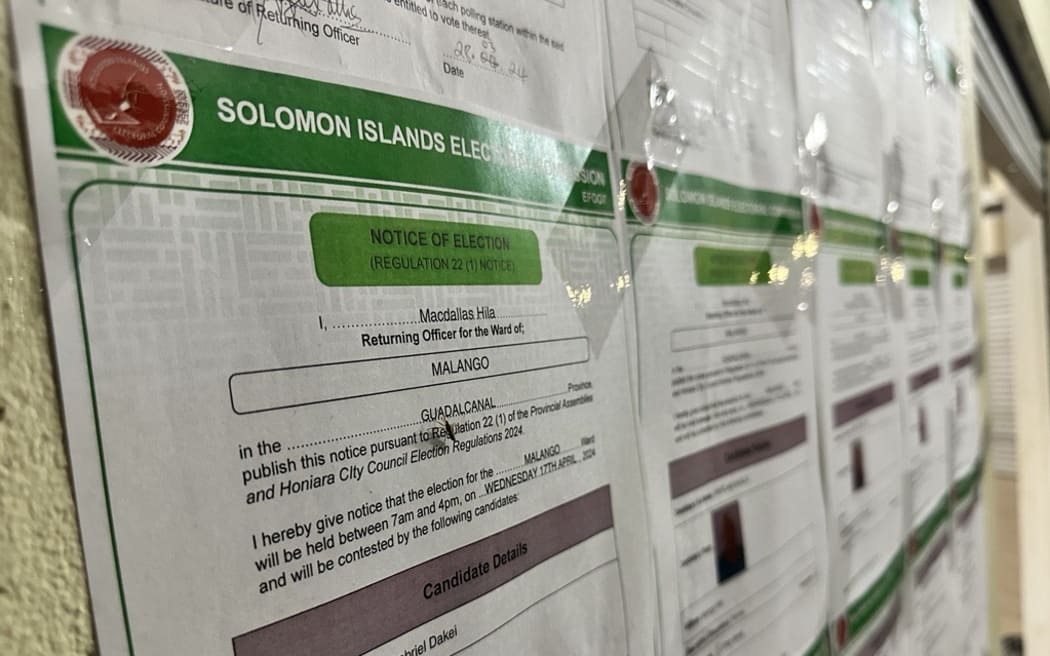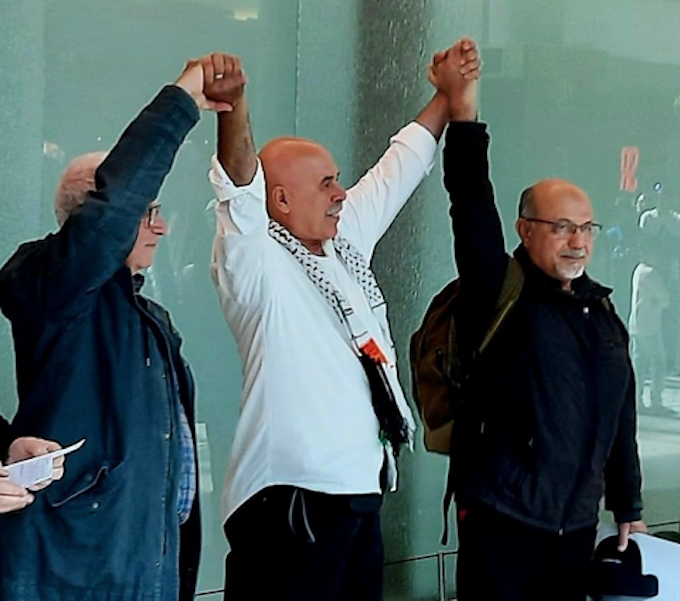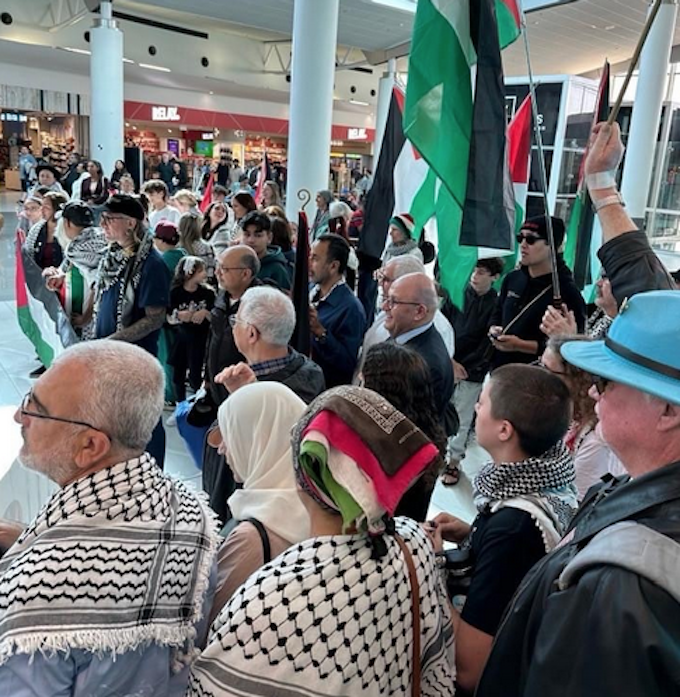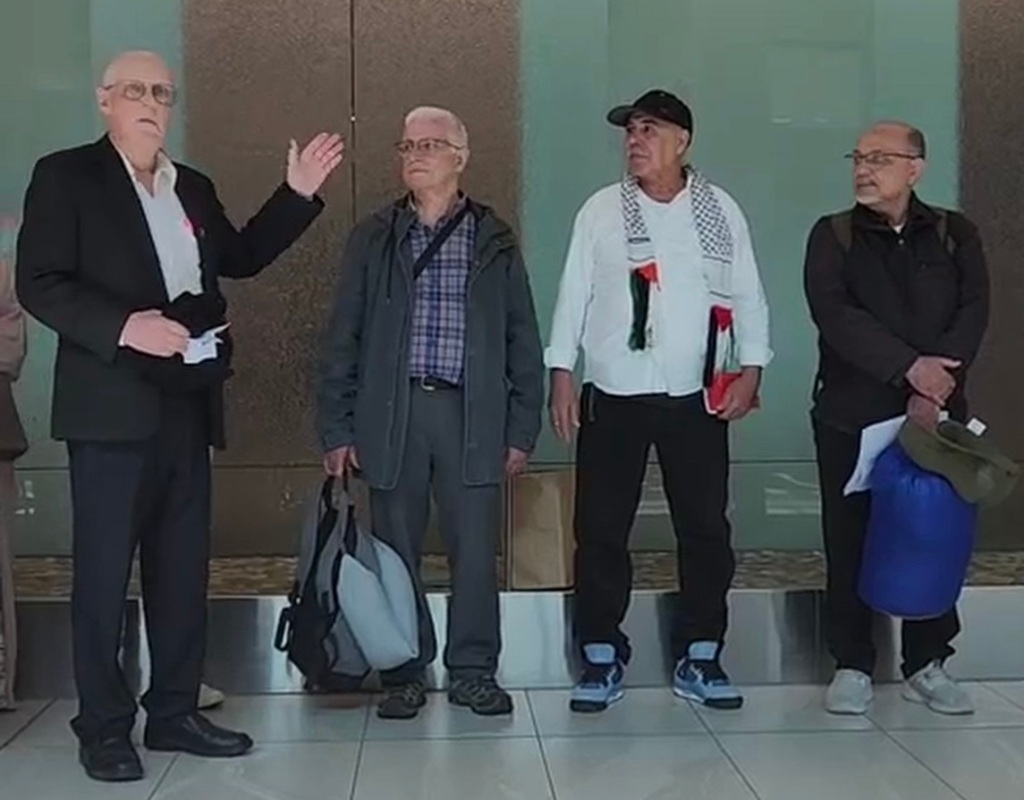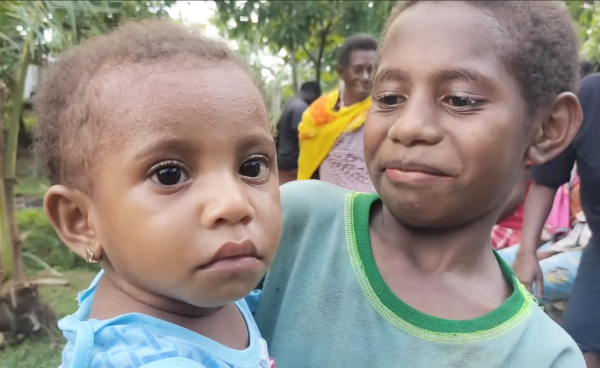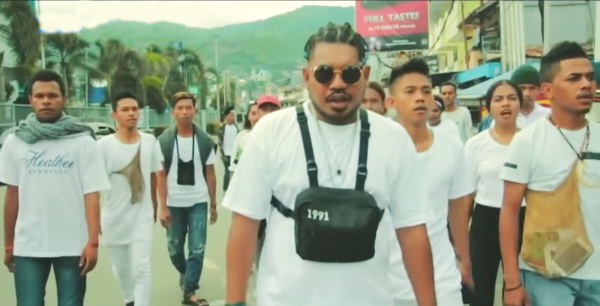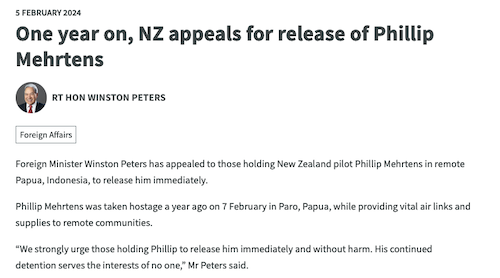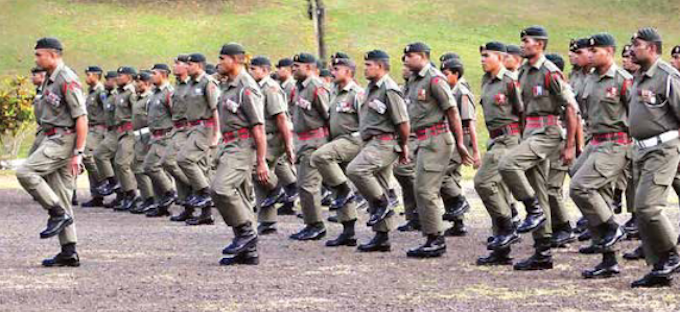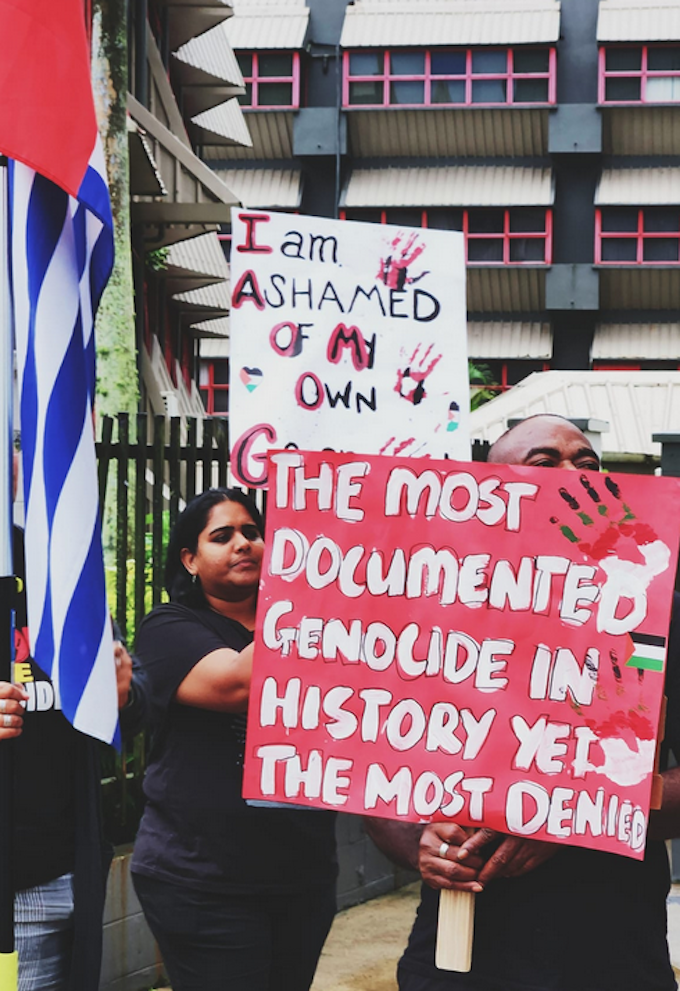A West Papuan resistance leader has condemned the United Nations role in allowing Indonesia to “integrate” the Melanesian Pacific region in what is claimed to be an “egregious act of inhumanity” on 1 May 1963.
In an open letter to UN Secretary-General António Guterres, Organisasi Papua Merdeka-OPM (Free Papua Organisation) leader Jeffrey P Bomanak has also claimed that this was the “beginning of genocide” that could only have happened through the failure of the global body to “legally uphold its decolonisation responsibilities in accordance with the UN Charter”.
Bomanak says in the letter dated yesterday that the UN failed to confront the “relentless barbarity of the Indonesian invasion force and expose the lie of the fraudulent 1969 gun-barrel ‘Act of No Choice’”.
- READ MORE: OPM leader’s open letter condemns Australia’s ‘treachery’ over Papua
- West Papua accusations fly at Australia, US
- Other West Papua reports
The open letter follows one released on the eve of Anzac Day last month which strongly criticised the role of Australia and the United States, accusing both countries of “betrayal” in Papuan aspirations for independence.
According to RNZ News today, an Australian statement in response to the earlier OPM letter said the federal government “unreservedly recognises Indonesia’s territorial integrity and sovereignty over the Papua provinces”.
The White House has not responded.
The OPM says it has compiled a “prima facie pictorial ‘integration’ history” of Indonesia’s actions in integrating the Pacific region into an Asian nation. It plans to present this evidence of “six decades of crimes against humanity” to Secretary-General Guterres and new Indonesian President Prabowo Subianto.
May 1, 2024
Dear Secretary-General Guterres,
I am addressing you in an open letter which I will be releasing to media and governments because I have previously brought to your attention the history of the illegal annexation of West Papua on May 1st, 1963, and the role of your office in the fraudulent UN referendum in 1969, called an Act of Free Choice and I have never received a reply.
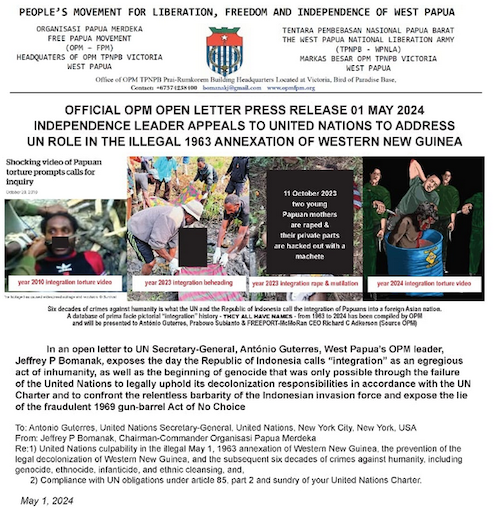
After six decades of OPM letters and Papuan appeals to the UN Secretariat, I am providing the transparency and accountability of an “open letter”, so that historians of the future can
investigate the moral and ethical credibility of the UN Secretariat.
May 1st is a day of mourning for Papuans. A day of grief over the illegal annexation of our ancestral Melanesian homeland by a violent occupation force from Southeast Asia.
Indonesia’s annexation of Western New Guinea (Irian Jaya/West Papua) on May 1, 1963, is
commemorated in Indonesia’s Parliament as a day of integration. The photos on these pages on these pages show a different story. The reality these photos portray is, in fact, one of the longest ongoing acts of genocide since the end of the Second World War.
An invasion and an illegal annexation not unlike Nazi Germany’s annexation in 1938 of
its neighbouring country, Austria. The difference for Papuans is that the UN and the USA were co-conspirators in preventing our right to determine a future that was our right to have under the UN decolonisation process: independence and nation-state sovereignty.
A very chilling contradiction — the Allies we fought alongside, nursed back to life, and died with during WWII had joined forces with a mass-murderer not unlike Hitler — the Indonesian president Suharto (see Photo collage #2: Axis of Evil).
Some scholars have called the May 1, 1963 annexation “Indonesia’s Anschluss”. Suharto and the conspirators goal of colonial invasion and conquest had been achieved through
the illegal annexation of my people’s ancestral homeland, my homeland.
General and president-in-waiting Suharto signed a contract in 1967 with American mining giant Freeport, another company associated with David Rockefeller, two years before we were to determine our future through the aforementioned gun-barrel UN referendum project-managed by a brutal occupation force. Our future had already been determined by Suharto, David Rockefeller, Henry Kissinger, and Suharto’s friend, UN secretary-General U Thant. U Thant had succeeded Dag Hammarskjöld who had been assassinated for his controversial view that human rights and freedom were absolutely universal and should not be subjected to the criminal whims of either tyrants like Suharto or a resource industry with views on human rights and freedom that resembled Suharto’s.
I do not need to give you a blow-by-blow history for your edification — you already know the entire history and the victim tally — 350,000 adults and 150,000 children and babies. And rising. You are, after all, a man of some principle — Portugal’s former prime minister of Portugal from 1995 to 2002, as well as a member of the Portuguese Socialist Party. And presiding as Portuguese prime minster during the final years of Fretilin’s war of liberation in East Timor, a former Portuguese colony invaded by Indonesia in 1975 with anywhere up to 250,000 victims of genocide. Please explain to me the difference between the Indonesia’s
invasion and “integration” of East Timor and Indonesia’s invasion and “integration” of my homeland, Western New Guinea (West Papua).
Apart from the oil in the Timor Gap and the gold and copper all over my homeland — the wealth of someone else’s resources promoting the “integration” policies pictured over these pages.
As a member of a socialist party, you might be attending May Day ceremonies today. I will be counselling victims and the families of loved ones who have been “integrated” today. Yes, the freedom-loving Papuans are holding rallies to protest the annexation of our homeland . . . to protest the failure — your failure — to apply justice and to end this nightmare.
The cost of the UN-approved annexation to Papuans in pain and suffering: massacres, torture, systemic rape by TNI and Polri, mutilation and dismemberment as a signature of your barbarity. Relentless barbarity causing six decades of physical and cultural genocide, ethnocide, infanticide, and wave after wave of ethnic cleansing.
The cost to Papuans in the theft and plunder of our natural resources: genocide by starvation and famine.
The cost to Papuans from the foreign resource industry plundering our natural resources: the devastation of pristine environments, whole ecosystems poisoned by the resource industry’s chemical toxicity, called tailings, released into rivers thereby destroying whole riverine catchments along with food sources from fishing and farming — catchment rivers and nearby farming lands contaminated by Freeport, and other’s. A failure to apply any international standards for risk management to prevent the associated birth defects
in villages now living in contaminated catchments.
That we would choose to become part of any nation so brutal defies credibility. That the UN approved integration should have been impossible based on the evidence of the ever-increasing numbers of defence and security forces landing in West Papua and undertaking military campaigns that include ever-increasing victims and internally displaced Papuans, the bombing of central highland villages a current example? Such courage! Why are foreign
media not allowed into my people’s homeland?
Secretary-General Guterres, future historians will judge the efficacy of the United Nations. The integrity. West Papua will feature as a part the UN Secretariat’s legacy. To this endeavour, as the leader of Organisasi Papua Merdeka, I ask, and demand that you comply with your obligations under article 85 part 2 and sundry articles of your Charter of United Nations which requires that you inform the Trusteeship Council about your General Assembly resolution 1752, with which you are subjugating our people and homelands of West New Guinea which we call West Papua.
The agreement which your resolution 1752 is authorising, begins with the words “The Republic of Indonesia and the Kingdom of the Netherlands, having in mind the interests and welfare of the people of the territory of West New Guinea (West Irian)”
Your agreement is clearly a trusteeship agreement written according to your rules of Chapter XII of your Charter of the United Nations.
The West Papuan people have always opposed your use of United Nations military to make our people’s human rights subject to the whim of your two administrators, UNTEA and from 1st May 1963 the Republic of Indonesia that is your current administrator.
We refer to your organisation’s last official record about West Papua which still suffers your ongoing unjust administration managed by UNTEA and Indonesia:
Because you also used article 81 and Chapter XII of your Charter to seize control of our homelands when you created your General Assembly resolution 1752, the Netherlands was excused by article 73(e), “to transmit regularly to the Secretary-General for information purposes, subject to such limitation as security and constitutional considerations may require, statistical and other information of a technical nature relating to economic, social, and educational conditions in the territories for which they are respectively responsible other than those territories to which Chapters XII and XIII apply”, from transmitting further reports about our people and the extrajudicial killings that your new administrators began using to silence our demands for our liberty and independence.
We therefore demand your Trusteeship Council begin its unfinished duty of preparing your United Nations reports as articles 85 part 2, 87 and 88 of your Charter requires.
West Papua is entitled to independence, and article 76 requires you assist. It is illegal for Indonesia to invade us and to impede our independence, and to subsequently subject us to six decades of every classification for crimes against humanity listed by the International Criminal Court.
We know this trusteeship agreement was first proposed by the American lawyer John Henderson in 1959, and was discussed with Indonesian officials in 1961 six months before the death of your Dag Hammarskjöld. We think it is shameful that you then elected Indonesia’s friend U Thant as Secretary-General, and we demand that you permit the Secretariat to perform its proper duty of revealing your current annexation of West Papua (Resolution 1752) to your Trusteeship Council.
I look forward to your reply.
Yours sincerely,
Jeffrey P Bomanak
Chairman-Commander OPM
Markas Victoria, May 1, 2024
This post was originally published on Asia Pacific Report.
